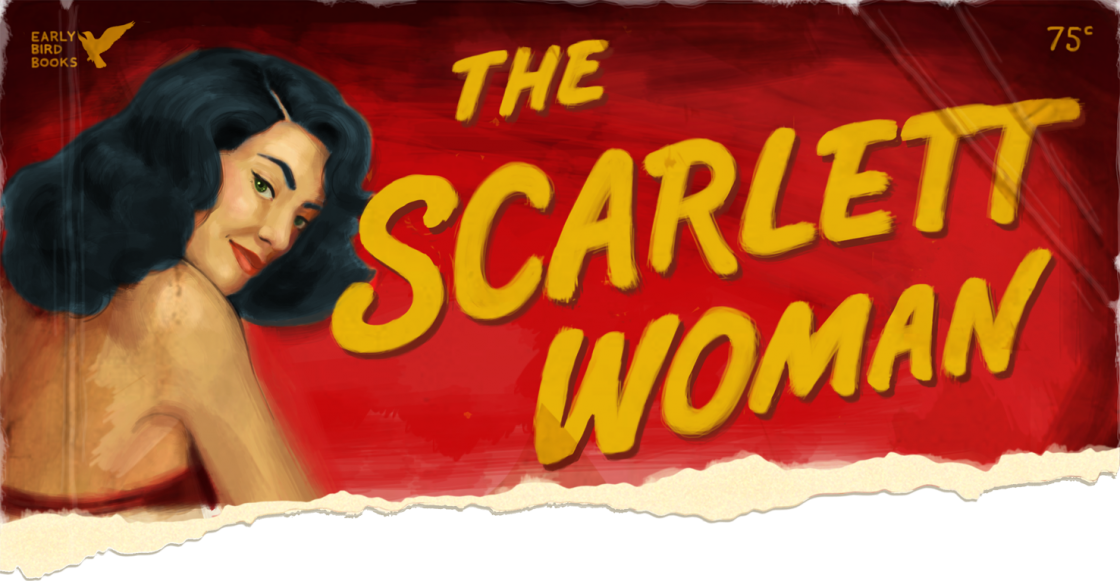This article was originally published on TheVine on 17th October, 2014.
I recently spent a weekend in August listening to international guest of the Melbourne Writers Festival Emily Nussbaum, television critic for The New Yorker, wax lyrical about the “golden age of prestige TV” and its respective “antiheroes”. While we’ve been watching the Don Drapers, Tony Sopranos and Walter Whites for the past fifteen years it’s time for a new dawn of television where women are the focus, such as Orange is the New Black, Orphan Black and pretty much anything Shonda Rhimes puts her Midas touch to.
One such show that comes to mind is Masters of Sex, the second season finale of which aired on SBS last night. Masters might seem to focus on the man it’s named for, the steely, socially awkward OBGYN, Bill Masters, played by Michael Sheen, but who it’s really concerned with are the women in his life. These include the long-suffering wife, Libby (Caitlin FitzGerald), whose trajectory sees her struggle with the changing attitudes of the late ’50s and early ’60s, and the woman her husband is having an affair with: research assistant in Masters’ study of human sexual response, Virginia Johnson, played expertly by Lizzy Caplan. Both Masters and Johnson justify their extramarital activities by being adamant that “it’s for the work”. While nary a facet of Masters isn’t shown to Virginia at some stage or another he recoils from Libby, runs his mother out of town, slut-shames former sex worker cum secretary Betty and Virginia at times, and I don’t think there’s been an instance in which he interacts with his two infant sons. In a scene that echoes Breaking Bad’s “I’m the one who knocks!”, Bill rages at Libby when she confronts him about their money troubles that “I provide the roof!”
Audiences may struggle to reconcile the way Masters treats the women in his personal life with his important medical work, not unlike Don Draper, for example, in the “masculinity masterpieces”—as Nussbaum put it in her presentation at the Writers Festival—of yore.
Masters of Sex is a show that has almost unbelievably advanced attitudes towards sex for the time it’s set and the fictional Masters and Johnson are held up as paragons of progression. At work Masters masquerades as the good, bleeding-heart doctor stuck in the conservative ’50s, as seen when he refuses to perform gender assignment surgery on an intersex baby. Masters similarly declines a teenaged patient’s parents request for her to undergo a hysterectomy to curb her sexual appetite. Careful, Bill, your God complex is showing.
Like Orange is the New Black, a show that follows a wide range of incarcerated women’s lives using a middle-class white woman as the Trojan horse to gain entry into that world, Masters’ focus on a male doctor is a cipher to take a better look at Virginia, Libby et al. in a time when women were viewed as second class citizens. (Some would argue that nothing much as changed.)
Also like OITNB, perhaps this has to do with the fact that it is a created by women, not “prickly auteurs and the antiheroes they love”, to borrow yet another line from Nussbaum. A different Emily—this time Emily Tatti, editor of online literary journal Ricochet—tweeted that “You can tell it’s written by women, you just don’t get female characters like that in other shows!”
Showrunner Michelle Ashford explains Masters of Sex’s portrayal of women thusly:
“[In season one] three of our episodes were directed by women, our staff was half women, my producing partner is a woman. A lot of the people that have interviewed us say, ‘Wow, this whole show is run by women.’ We look at each other and think, ‘We didn’t design it that way.’ And that’s actually pretty great.”
The capable, relatable women who are received by audiences as such outnumber the titular Masters. Where Breaking Bad’s Skyler White was eviscerated by armchair commentators for expressing concern over her husband’s drug dealing and the actress that played her subsequently wrote a New York Times op-ed about it, Libby’s “problem that has no name”, for example, is portrayed as empathetic. And Virginia might get around but she is never characterised as wanton to the audience. Other such “strong female characters”, to use the clichéd term, that aren’t so much likeable as they are realistic portrayals of women in the world include How to Get Away with Murder’s Annalise Keating, Hannah Horvath of Girls, and any number of the women on Scandal, Grey’s Anatomy and OITNB.
Masters of Sex is busy ushering in this new era of television that sees antiheroes shift ever so slightly out of the frame and the women who love them—or, in many instances, merely tolerate them—have their time in the spotlight.
Elsewhere: [NPR] Orange Creator Jenji Kohan: “Piper Was My Trojan Horse.”
[HuffPo] Masters of Sex Creator Michelle Ashford: “I Had Every Horrible Job Imaginable.”
[NYTimes] I Have a Character Issue.
[Amazon] The Feminine Mystique by Betty Friedan.

Pingback: On the (Rest of the) Net. | The Scarlett Woman